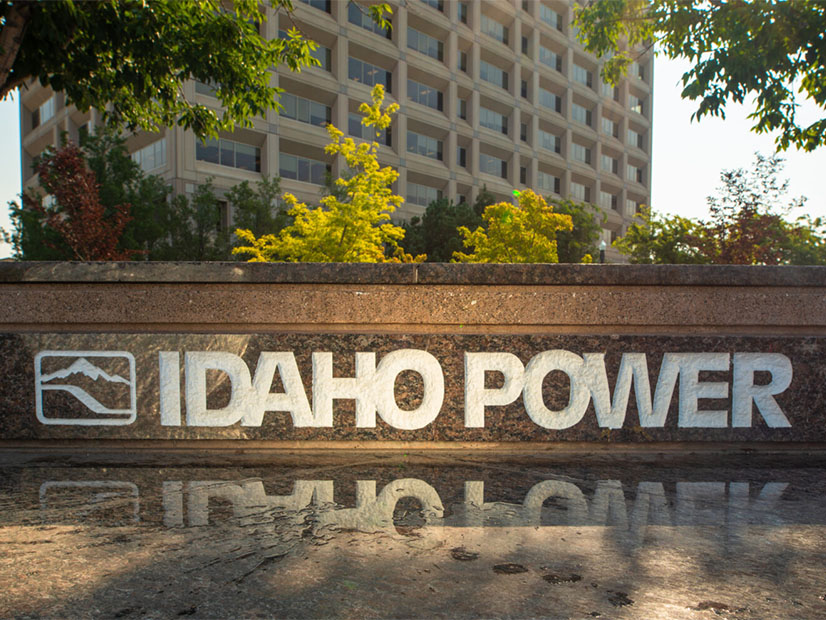
FERC has largely approved Order 2023 compliance filings for four utilities in the West and Texas, directing them to submit further compliance filings within 60 days.
The utilities include Idaho Power (ER24-10), Puget Sound Energy (ER24-1559), Black Hills Colorado Electric (ER24-2023) and Golden Spread Electric Cooperative (ER24-2027).
FERC approved Order 2023 in July 2023 to revise its pro forma generator interconnection rules to speed up processes in backlogged interconnection queues throughout the U.S. (See FERC Updates Interconnection Queue Process with Order 2023.)
The order changed the commission’s pro forma interconnection rules to require transmission service providers to shift their approach to interconnection from a first-come, first-served serial process to a first-ready, first-served cluster process; increase the speed of queue processing; and incorporate technological advancements such as grid-enhancing technologies into the process.
FERC in March partly approved Idaho Power’s initial Order 2023 filing, asking the utility to align its interconnect procedures with the order’s requirements related to the cluster study process, the allocation of cluster network upgrade costs and site control. (See FERC Upholds, Clarifies Generator Interconnection Rule.)
The commission also had asked the utility “to either justify unexplained variations as consistent with or superior to the commission’s pro forma procedures and agreements or adopt without modification the commission’s pro forma procedures and agreements” and to remove proposed tariff revisions that exceeded the scope of the order.
In its Sept. 19 ruling, FERC approved revisions to Idaho Power’s initial filing related to the cluster study process, allocation of upgrade study costs and site control, noting the utility largely adopted the commission’s pro forma rules except for “minor variations.” The commission made a similar finding on the utility’s rules around site control and the transition to the “first-ready, first-served” cluster process and affected system study process.
FERC additionally said Idaho Power had satisfied the commission’s request that it rescind previously proposed revisions to the utility’s surplus interconnection service rules that were determined to be outside the scope of Order 2023 but directed the utility to delete a section of the tariff related to those rules within 60 days.
The commission issued similar rulings for the other three utilities, finding their proposed tariff revisions largely compliant with Order 2023 but requiring each to submit additional compliance filings within 60 days to account for minor shortcomings in their previous filings.
The sticking points for Puget Sound Energy’s filing centered around “unexplained” deviations from the pro forma language in the utility’s revisions related to its cluster network upgrade cost rules and affected system agreements.
In its order on the Black Hills Colorado filing, FERC approved the utility’s deviations from pro forma rules related to operating assumptions for interconnection studies, specifically its practice of not determining the network upgrades required for a charging electric storage resource in its interconnection study process because, when charging, a storage resource “looks and acts more like load than an injecting generator.” Black Hills said instead it would determine the impact of those resources through the transmission service request process.
The commission’s partial approval of Golden Spread’s filing included a rejection of the co-op’s removal of pro forma language saying that, for transmission providers that employ fuel-based dispatch assumptions, “a request to add a generating facility of a different fuel type to an existing interconnection request would always constitute a modification that would require study.” Golden Spread omitted that language, saying it doesn’t use fuel-based dispatch assumptions, but the commission directed it to restore the language in an additional compliance filing.



